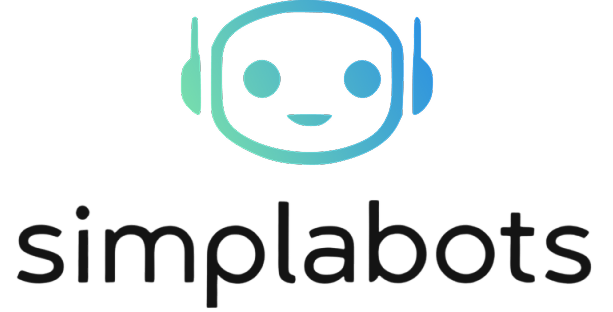As the adoption of artificial intelligence continues to accelerate across industries, businesses are becoming increasingly concerned about the privacy implications of using cloud-based AI tools. Solutions like ChatGPT and other commercial large language models (LLMs) often require sharing sensitive data with external servers, which introduces potential security and compliance risks. In response, a growing number of organizations are turning to local AI models—self-hosted, private alternatives that offer powerful functionality without compromising data sovereignty.
The Rise of Local AI Models
Thanks to the surge in open-source development, businesses now have access to a diverse range of AI tools that can be deployed locally. These tools allow organizations to run AI applications entirely on their own hardware or secure internal networks, ensuring that proprietary data never leaves the company’s infrastructure.
Local models provide a suite of benefits, including:
- Enhanced Data Privacy: Since data doesn’t need to be transmitted to third-party servers, there is less risk of exposure.
- Cost-Effectiveness: Open-source tools are often free or low-cost, reducing licensing fees and dependency on commercial platforms.
- Flexible Deployment: Local AI can be run on-premises, in private clouds, or even on modest hardware setups, depending on the model’s resource requirements.
Key Considerations for Implementation
While these tools are accessible and increasingly user-friendly, businesses should be prepared for a bit of technical groundwork. A foundational knowledge of tools like Python, Docker, and command-line interfaces can significantly ease the installation and configuration process.
Moreover, just because models are run locally doesn’t mean security should be taken for granted. Organizations must implement robust cybersecurity practices—including endpoint protection, network monitoring, and user access controls—to safeguard the environment where the models are hosted.
Conclusion
As data privacy regulations grow more stringent and customers become more sensitive to how their data is handled, local AI models present a timely and effective solution. With powerful open-source tools like LocalAI, Ollama, and DocMind AI, businesses can now harness the power of AI while keeping their sensitive information secure, compliant, and fully under their control.











